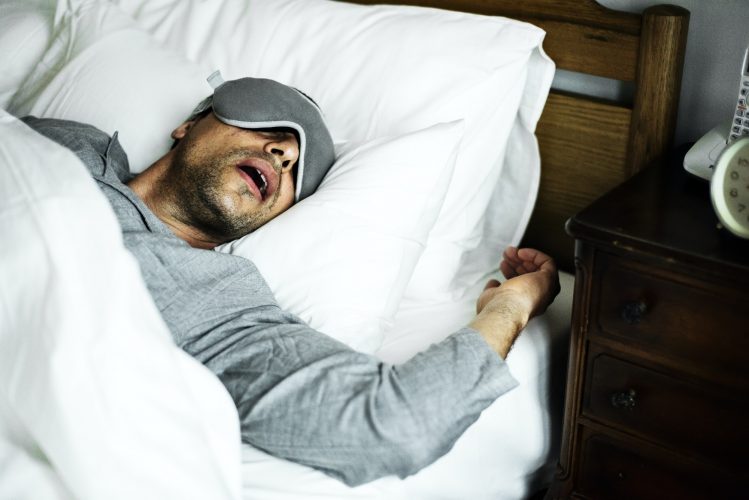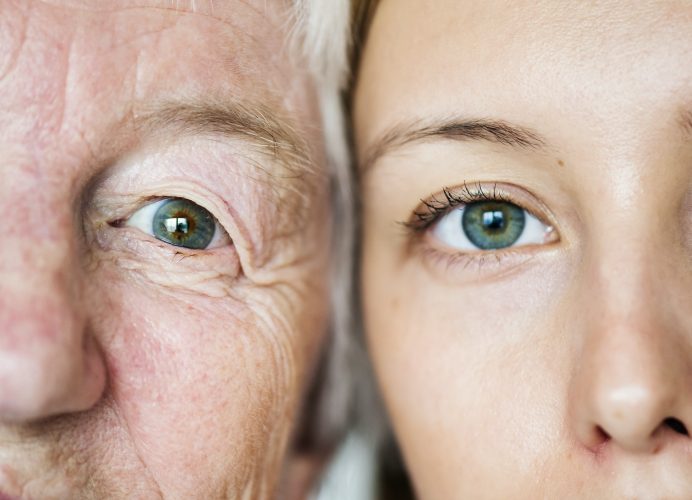1. Teens have different circadian rhythms.
Most younger children get signals from their bodies that they are ready to sleep by 8 or 9 p.m. As kids enter puberty, these signals shift in what’s called a sleep phase delay, and teens don’t feel ready to sleep until 10 p.m. to midnight or later.

“It’s a normal part of the development of sleep that’s coded in their genes and is linked to the hormonal changes that happen during puberty,” Dr. Dominguez said. “As adults, we have to understand that their body is telling them to go to bed later—that’s biology.”
Sleep cycles shift to their latest point at age 19, on average, and then gradually shift earlier, which can continue up to age 25.
2. Teens have busy lives.
Many teens have jobs, sports, or other commitments at the end of the school day. Plus, they have homework and household responsibilities, and they want to connect with their friends.

“The most important thing for teenagers is their peer relationships, and the time they have for that is in the evenings. That’s when they are talking to each other on social media,” Dr. Dominguez said.
3. Teens need to get more sleep than they think they need.
Teens need eight to 10 hours of sleep every 24 hours. Seven or 7.5 hours aren’t enough. So, if a teen needs to wake up at 6 a.m. for school and they don’t take naps, they need to be in bed between 8 and 10 p.m.

Some school districts are working towards later school start times for teens, a shift that the American Academy of Sleep Medicine supports. But until those changes go into effect, teens—and their parents—will have to cope with early wake-up times.
How teens can get the sleep they need
Is your teen sleeping enough? “It’s a sign that teens aren’t getting enough sleep if they sleep in for long hours during the weekends, which is called ‘catch-up sleep,’ or if they need naps during the day or after school,” Dr. Dominguez said.

The best strategy for supporting your teen’s sleep is to enforce bedtime. Good sleep habits and sleep hygiene in the early years can help.





